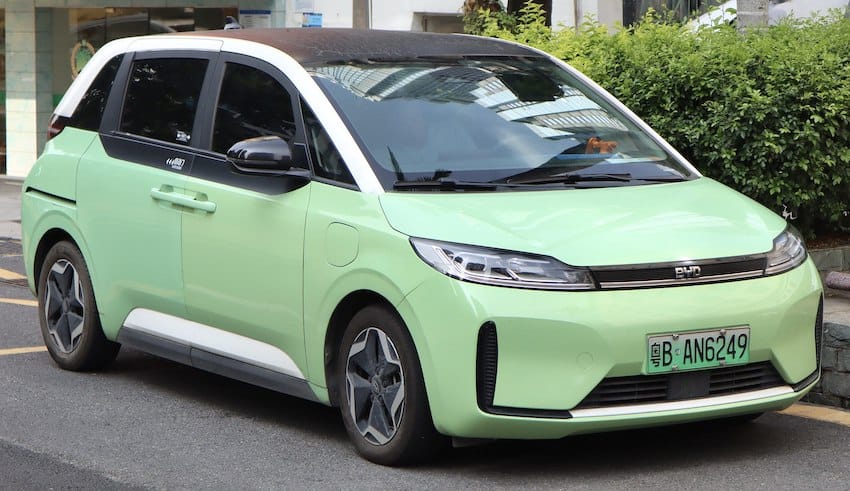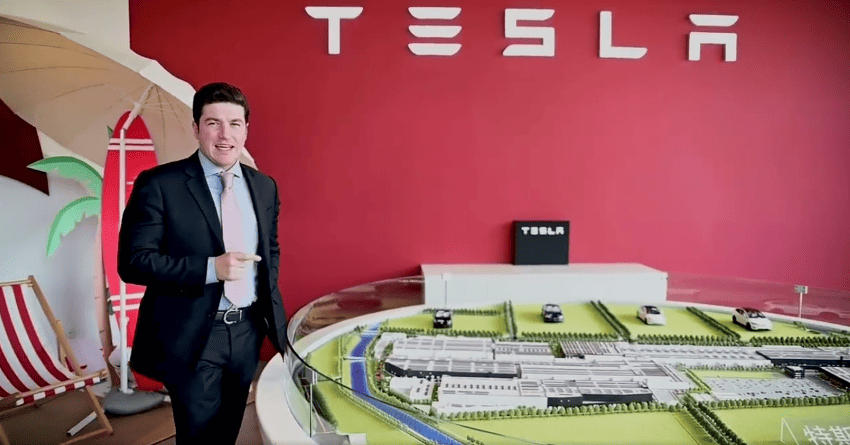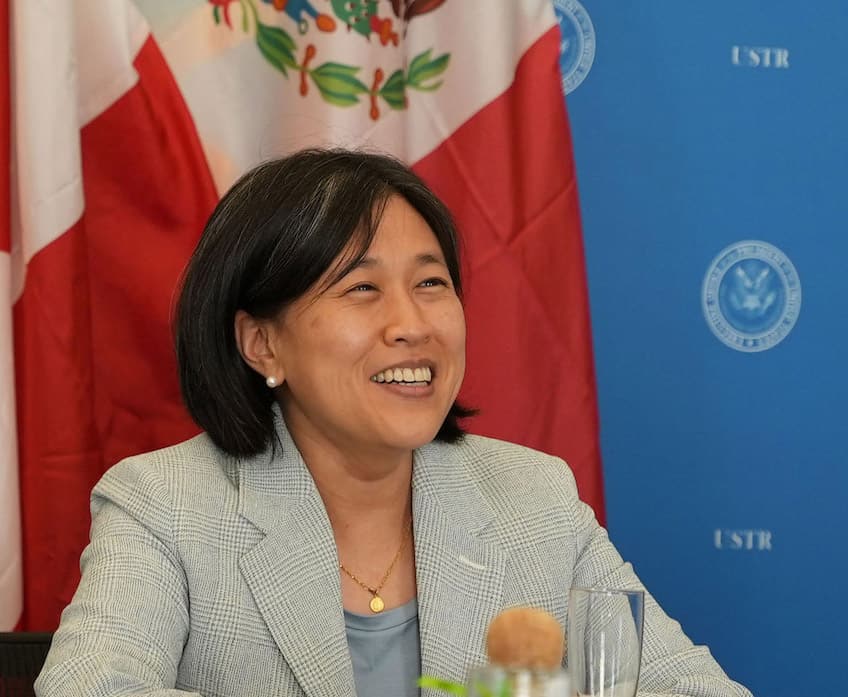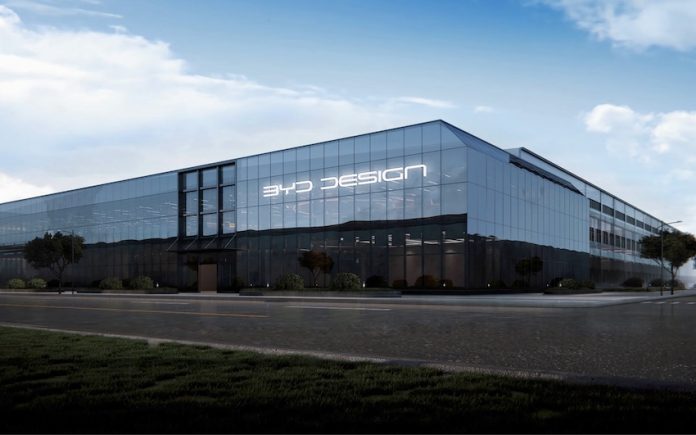Chinese electric vehicle manufacturer BYD is considering opening a plant in Mexico, according to a Nikkei newspaper report that cited the company’s Mexico chief.
The Tokyo-based newspaper said Wednesday that it had spoken to BYD México country manager Zhou Zou, and noted that he expressed eagerness to have a production facility in Mexico. No potential investment amount was mentioned.

Nikkei reported that BYD has launched a feasibility study for a plant in Mexico, adding that the automaker is negotiating with federal and state officials over a location and other terms for the facility.
Zou, who spoke with the newspaper’s Mexico City bureau chief, didn’t mention a possible location for the plant, but Nikkei said that “the northern state of Nuevo León and the Bajío region in central Mexico appear to be leading candidates.”
“The Yucatán Peninsula and other places in southern Mexico are also likely options,” it added.
Tesla — BYD’s main competitor in the electric vehicle market — is set to begin construction of a “gigafactory” in Nuevo León this year, and several other automakers have announced plans to make EVs in Mexico.

Zou told Nikkei that overseas production is essential for an international brand and described Mexico as a key market with vast potential.
BYD sold 520,000 EVs in the final quarter of 2023, more than any other company, but the vast majority of its sales are in China. It is opening a plant in Thailand this year and building one in Brazil as it seeks to increase production and sales around the world.
A factory in Mexico would allow the company to get its vehicles into the lucrative U.S. market at a significantly lower cost. Export costs would be much lower and BYD could also benefit from the United States-Mexico-Canada agreement, the free trade pact that replaced NAFTA in 2020.
In addition, the company could benefit from competitive labor costs and the presence of a highly-trained and experienced automotive workforce in Mexico, where numerous carmakers already have plants.
Nikkei’s report noted that “requirements for U.S. tax breaks on EV purchases include assembly of the vehicles in North America, along with restrictions on where batteries can originate.”
“Chinese EV companies that lack a manufacturing hub in North America likely would be at a disadvantage,” the newspaper added.
As part of the growing nearshoring phenomenon, Chinese investment in Mexico has grown in recent years, triggering concern from some United States lawmakers.
A bipartisan group of representatives wrote to U.S. Trade Representative (USTR) Katherine Tai late last year in part to request that the U.S. government be ready to “address the coming wave of [Chinese] vehicles that will be exported from our other trading partners, such as Mexico, as [Chinese] automakers look to strategically establish operations outside of [China] to take advantage of preferential access to the U.S. market through our free trade agreements and circumvent any [China]-specific tariffs.”

The four members of the Select Committee on the Chinese Communist Party including chairman Mike Gallagher also said in their letter that they were “concerned by how the People’s Republic of China (PRC) is preparing to flood the United States and global markets with automobiles, particularly electric vehicles, propped up by massive subsidies and long-standing localization and other discriminatory policies employed by the PRC.”
Tai responded in a letter in January, saying that the issues the lawmakers mentioned were “a priority to the Administration, and we are clear-eyed that China has developed and implemented a plan to target the EV sector for dominance through a wide and evolving range of non-market based policies and practices.”
She said the U.S. government was looking at ways to make existing tariffs “more strategic.”
In December, Mexico and the United States agreed to cooperate on foreign investment screening as a measure to better protect the national security of both countries. That move appeared to be motivated to a large degree by a desire to stop problematic Chinese investment in Mexico. It remains to be seen whether any proposed Chinese investment in Mexico is halted as a result of the bilateral cooperation.
Tesla chief Elon Musk has also expressed concerns about Chinese automakers’ access to the United States and other markets, saying in January that “if there are no trade barriers established, they will pretty much demolish most other car companies in the world.”
